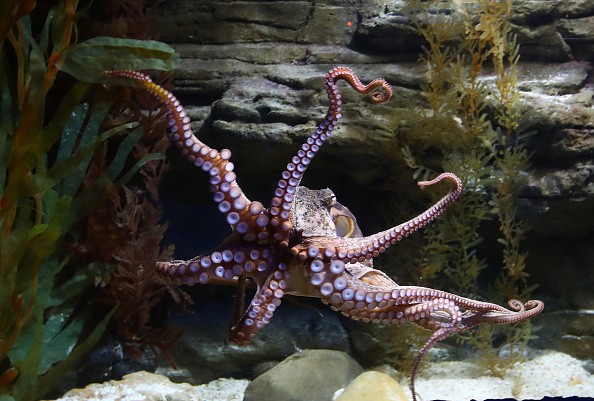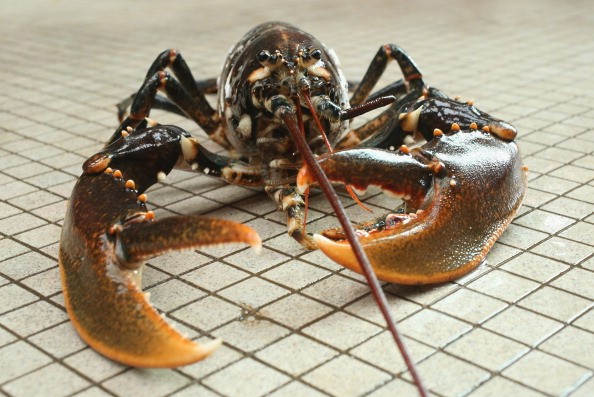A group of Conservative MPs said octopuses and lobsters have feelings and should be added to the animal sentience bill. The Group argues some invertebrates are very intelligent and should be safeguarded from suffering.

Conservative Animal Welfare Foundation (CAWF)
The influential Conservative Animal Welfare Foundation (CAWF), which counts Carrie Johnson and Lord Goldsmith, the environment minister as patrons, has been having meetings with the government to ask them to acknowledge the sentience of invertebrates.
The bill, presently at second reading stage in the House of Lords, acknowledges that fish and other vertebrates can feel pain and should be safeguarded, where possible, from hurting. However, the group of MPs has disputed that some invertebrates are very intelligent and should be added to the bill.
A new report by the CAWF has discovered that the UK fishing fleet lands more than 420 million cephalopods and crustaceans every year. This is a sum of 12,100 tonnes of cephalopods and 73,600 tonnes of crustaceans.
Also Read: Rare Catch: Monster 14-Pound Lobster Accidentally Caught Near Bermuda
Cephalopod and Crustacean
The report, supported by MPs including Sir Roger Gale and Sir David Amess, argues that these animals are discriminated against in legislation due to the fact that their "neurological architecture varies from our own."
It concludes: "Common arguments against cephalopod and crustacean sentience concentrate on distinctions between the anatomy of these animals and human anatomy (such as that they process information externally and not inside the brain, eg in ganglions). However, this anthropocentric view did not capture what it means for an animal to be sentient.
It also includes that cephalopods and Crustaceans unquestionably experience the world in very different ways to ourselves. What is important, though, is whether that experience involves the conscious experience of pain and pleasure. Researchers believe that the proof is sufficient to disclose that these animals do experience pleasure and pain.
It cites scientific studies revealing that the animals know to stay away from predators, and that some of the more clever invertebrates can weigh up options and make trade-offs between avoidance of predator and pain, between pain and unfavorable environments, and between pain and feeding.

The Netflix Film 'My Octopus Teacher'
It is well known that octopuses are clever, and they have been discovered to be very good at solving puzzles. The Netflix film My Octopus Teacher, released last year, brought the issue to a large number of people, as hundreds of thousands of people were charmed by the relationship between inquisitive octopus and human.
Founder of CAWF, Lorraine Platt, said all but a very small minority of researchers concur that these are sentient animals capable of pain and suffering. It's very crucial they are placed in the animal sentience bill.
Lorraine Platt also said My Octopus Teacher is a very moving movie about a female octopus, about how intelligent she is, how she can keep away from predators, sharks, on a day-to-day basis. "If I feel this way I am certain many others feel the same way."
Related Article: Does Octopus Experience Dreams? Experts Unlock Their Mysterious Sleep States!
For more news, updates about cephalopods, crustaceans and similar topics don't forget to follow Nature World News!
© 2024 NatureWorldNews.com All rights reserved. Do not reproduce without permission.
![Tsunami Hazard Zones: New US Map Shows Places at Risk of Flooding and Tsunamis Amid Rising Sea Levels [NOAA]](https://1471793142.rsc.cdn77.org/data/thumbs/full/70325/280/157/50/40/tsunami-hazard-zones-new-us-map-shows-places-at-risk-of-flooding-and-tsunamis-amid-rising-sea-levels-noaa.jpg)




